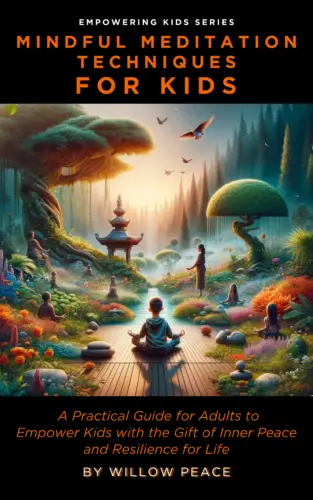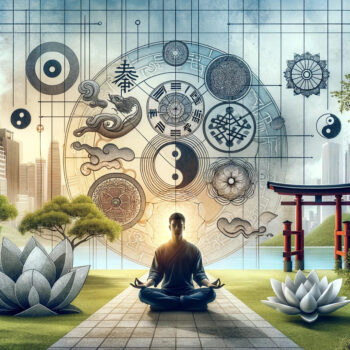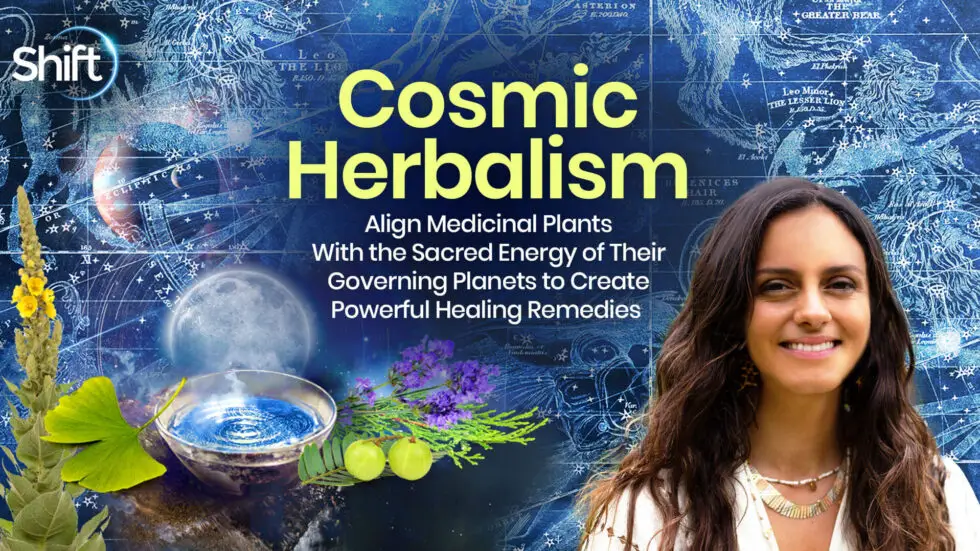Staff Writer for Wake Up World
In the relentless pace of contemporary life, where technology and modern pressures often isolate us, the profound wisdom of ancient teachings can easily be overlooked. Yet, these age-old philosophies, cultivated through millennia of human experience, offer essential truths that remain relevant in addressing the complexities and challenges of today’s society. As we navigate an ever-changing world, there is immense value in reconnecting with these historical insights that have stood the test of time.
This article delves into the timeless wisdom of various ancient traditions and explores practical ways to integrate their teachings into our daily lives. By embracing the lessons of Stoicism, Buddhism, Taoism, and other rich philosophies, we can foster a deeper connection with ourselves and improve our interactions with the world around us. In doing so, we enrich our personal and professional lives and contribute to a more thoughtful and balanced society.
Rediscovering Ancient Wisdom – The Importance of Ancient Teachings Today
In our quest for progress and efficiency, we often overlook the rich reservoir of knowledge that ancient cultures have to offer. These teachings, rooted in thousands of years of observation and reflection, provide insights into living a balanced, fulfilling life. By revisiting these principles, we can extract valuable lessons on managing stress, cultivating relationships, and leading a purposeful life.
Stoicism
This Greco-Roman philosophy teaches the value of self-control and fortitude as a means to overcome destructive emotions. In today’s fast-paced environment, Stoic practices such as mindfulness and resilience can help individuals maintain their composure and make reasoned decisions in the face of adversity. By focusing on what they can control and accepting what they cannot, people can cultivate a more resilient and focused mindset, beneficial for personal growth and professional success.
Taoism
With its emphasis on harmony and balance, Taoism encourages us to live in accordance with the natural flow of life. This can be particularly useful in managing personal and professional challenges, promoting a serene and adaptable approach to life’s unpredictabilities. Taoist principles can guide us to embrace change rather than resist it and to seek harmony in our interactions with others and the environment.
Buddhism
Central to Buddhist teaching is mindfulness, the practice of being fully present and engaged with whatever we’re doing, free from distraction or judgment. Applying mindfulness in our daily lives can reduce stress and increase our enjoyment and appreciation of life. This practice can transform our approach to daily activities, turning routine tasks into moments of calm reflection and connection to the present moment.
Hinduism
Hindu philosophy offers a rich tapestry of teachings about the self, the universe, and their interconnections. Dharma (duty/righteousness) and Karma (action/consequence) guide ethical behavior and personal responsibility. In modern times, these principles can encourage individuals to consider the long-term effects of their actions on their personal lives and the wider community. Practicing Dharma can mean striving to fulfill one’s roles in life with integrity and purpose while understanding Karma, which helps recognize our actions’ impact in creating a just and harmonious society.
Confucianism
Confucianism, primarily practiced in East Asian cultures, emphasizes the importance of relationships, moral integrity, and societal duties. Its principles can be particularly relevant for enhancing leadership qualities and fostering community in today’s disconnected world. By valuing respect, compassion, and loyalty in all interactions, individuals can improve their personal relationships and contribute to a more respectful and cohesive society.
Sufism
Sufism, the mystical branch of Islam, teaches the importance of seeking truth through personal experience and direct connection with the divine. Its meditation, poetry, and music practices aim to deepen spiritual awareness and understanding. In contemporary settings, Sufi principles of love, tolerance, and the pursuit of inner truth can help individuals navigate complexities in personal and societal relationships, promoting peace and understanding across diverse cultures.
Platonism
Derived from the teachings of Plato, Platonism discusses the existence of abstract forms or ideals that transcend the physical world. In modern applications, this can inspire individuals and societies to strive for higher ideals in ethics, governance, and personal conduct. The pursuit of these Platonic ideals can lead to a greater focus on justice, equality, and the pursuit of knowledge, shaping a more thoughtful and principled society.
Jainism
Jainism, an ancient Indian religion, emphasizes nonviolence, truth, and self-discipline. Its principle of Ahimsa (nonviolence) extends beyond physical harm, advocating mental and emotional nonviolence. By applying Jain principles to modern life, individuals can promote peace and sustainability, making conscious choices that protect the environment and foster respectful interactions, regardless of the situation or challenge. This approach enhances personal well-being and encourages a more humane and caring global community.
Zoroastrianism
Zoroastrianism, one of the world’s oldest monotheistic religions, emphasizes the cosmic struggle between truth and falsehood, urging followers to live lives of active goodness. This ancient faith advocates for righteousness, honesty, and environmental stewardship. Applying Zoroastrian principles in the modern world can inspire individuals to lead ethical lives, championing truth and integrity in all dealings. Moreover, its focus on environmental protection is extremely relevant today, encouraging sustainable practices that benefit both the planet and future generations.
Shinto
Shinto, a spiritual tradition native to Japan, focuses on worshiping kami (spirits associated with natural elements and ancestors). It emphasizes purity, community involvement, and respect for nature. In modern applications, Shinto can enhance an appreciation for the environment and cultural heritage, fostering a sense of gratitude and reverence for the natural world. By integrating Shinto practices into daily life, individuals can develop a deeper connection to their surroundings, promoting ecological awareness and conservation efforts that are crucial for the health of our planet.
Call to Action
Explore the ancient traditions of the cultures that resonate with you and start incorporating small practices into your daily routine. Whether it’s a morning meditation, a balanced meal, or a new approach to consumption, small changes can lead to profound transformations in your life and community.
Conclusion
Ancient wisdom holds timeless truths that can significantly enrich our modern lives. By adopting practices like mindfulness, striving for balance, and living sustainably, we can foster a deeper connection with ourselves and the world around us. Embracing these age-old teachings may just be the key to facing modern challenges with grace and equanimity.
About the Author
Dakota Flynn is an astrologer and spiritual writer known for melding astrology, tarot, and numerology mystical arts with practical guidance. Her insightful writings offer deep reflections on personal growth and cosmic connections, helping individuals navigate life’s journey with clarity and purpose. Dakota’s work serves as a beacon for those exploring the spiritual path, providing tools for empowerment and self-discovery.
Cosmic herbalism invites us to connect with nature and the cosmos deeper by aligning plant remedies with planetary energies. Each planet has unique qualities that can influence our emotions, intuition, and well-being; certain herbs resonate with these cosmic frequencies. This 7-week online course will explore how lunar herbs, in particular, offer unique pathways to inner healing and psychic development.
You’ll learn how lunar plants like blue lotus and mugwort can soothe emotions, support digestion, and enhance intuitive clarity. Discover the healing qualities of herbs that correspond to the moon, creating remedies that nourish the mind and body, aligning your inner self with the rhythms of nature.
Sign up for this course to experience the wisdom of cosmic herbalism firsthand and learn to incorporate planetary-aligned remedies into your wellness routine. Sign up now to explore the profound healing potential of plants and planets working in harmony!
 If you’ve found value in our articles, we’d greatly appreciate your support by purchasing Mindful Meditation Techniques for Kids—A Practical Guide for Adults to Empower Kids with the Gift of Inner Peace and Resilience for Life.
If you’ve found value in our articles, we’d greatly appreciate your support by purchasing Mindful Meditation Techniques for Kids—A Practical Guide for Adults to Empower Kids with the Gift of Inner Peace and Resilience for Life.
In the spirit of mindfulness, we encourage you to choose the paperback version. Delve into its pages away from screen glare and notifications, allowing yourself to fully immerse in the transformative practices within. The physical book enriches the learning process and serves as a tangible commitment to mindfulness, easily shared among family and friends.
Over the past few years, Wake Up World has faced significant online censorship, impacting our financial ability to stay online. Instead of soliciting donations, we’re exploring win-win solutions with our readers to remain financially viable. Moving into book publishing, we hope to secure ongoing funds to continue our mission. With over 8,500 articles published in the past 13 years, we are committed to keeping our content free and accessible to everyone without resorting to a paywall.








